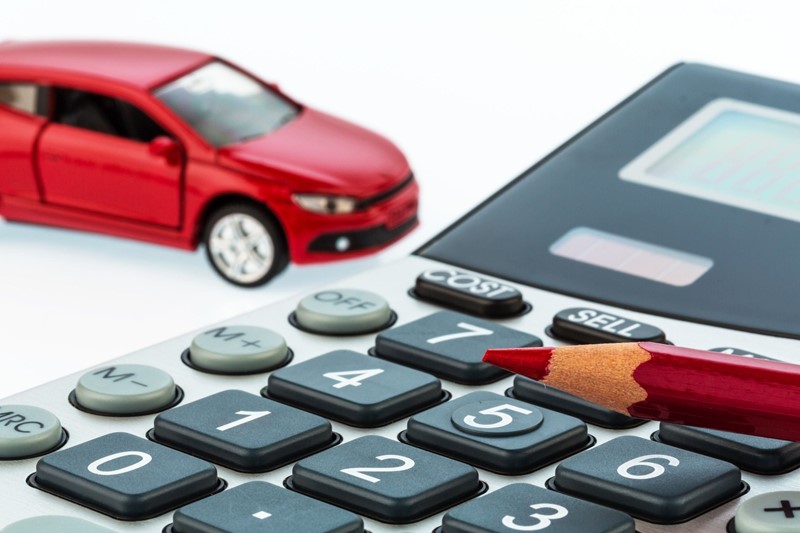If you use your car or other vehicle to undertake business journeys on behalf of your employer, and your employer does not:
- Fully reimburse you for the business use, or
- Reimburses you but at a lower rate per mile than the approved HMRC rates (see below).
Then you may be able to make a claim to HMRC and reduce your overall tax bill.
HMRC’s notes on this topic are reproduced below:
Vehicles you use for work
You may be able to claim tax relief if you use cars, vans, motorcycles or bicycles for work.
This does not include travelling to and from your work unless it’s a temporary place of work.
How much you can claim depends on whether you’re using:
- a vehicle that you’ve bought or leased with your own money
- a vehicle owned or leased by your employer (a company vehicle)
You can claim for this tax year and the 4 previous tax years if you’re eligible.
Using your own vehicle for work
If you use your own vehicle or vehicles for work, you may be able to claim tax relief on the approved mileage rate. This covers the cost of owning and running your vehicle. You cannot claim separately for things like:
- fuel
- electricity
- vehicle tax
- MOTs
- repairs
To work out how much you can claim for each tax year you’ll need to:
- keep records of the dates and mileage of your work journeys;
- add up the mileage for each vehicle type you’ve used for work; and
- take away any amount your employer pays you towards your costs, (sometimes called a ‘mileage allowance’).
Approved mileage rates
|
First 10,000 business miles in the tax year |
Each business mile over 10,000 in the tax year |
|
|---|---|---|
|
Cars and vans |
45p |
25p |
|
Motorcycles |
24p |
24p |
|
Bicycles |
20p |
20p |
Using a company car for business
You can claim tax relief on the money you have spent on fuel and electricity, for business trips in your company car. Keep records to show the actual cost of the fuel.
If your employer reimburses some of the money, you can claim relief on the difference.
How to claim
If you complete a self-assessment tax return, you must claim through your tax return instead.


Recent Comments